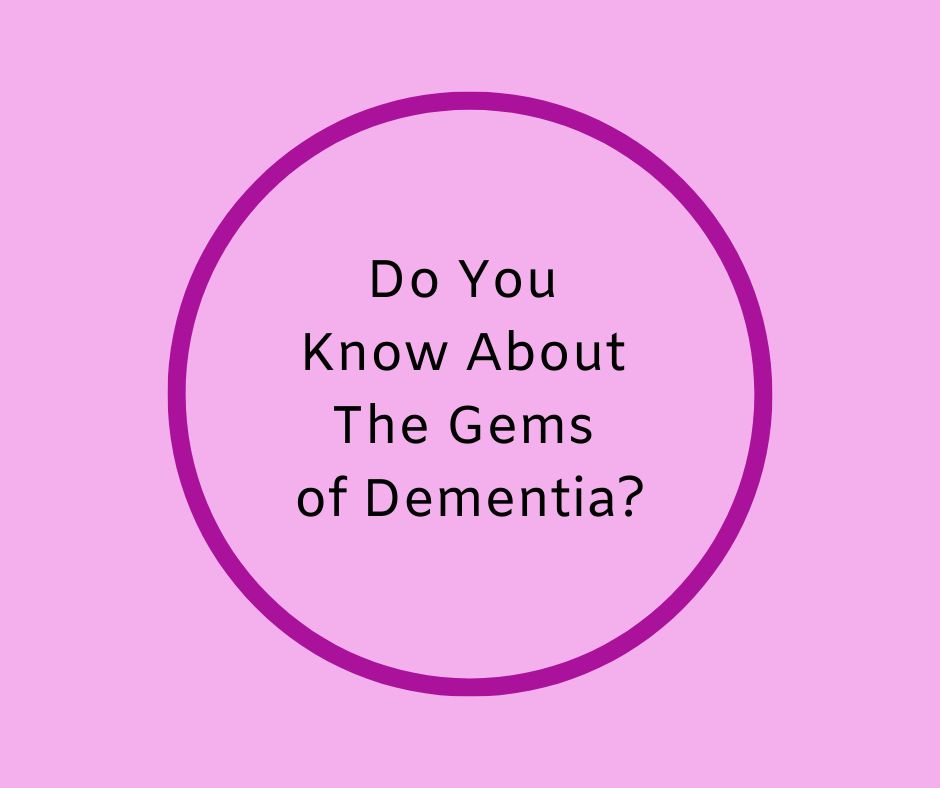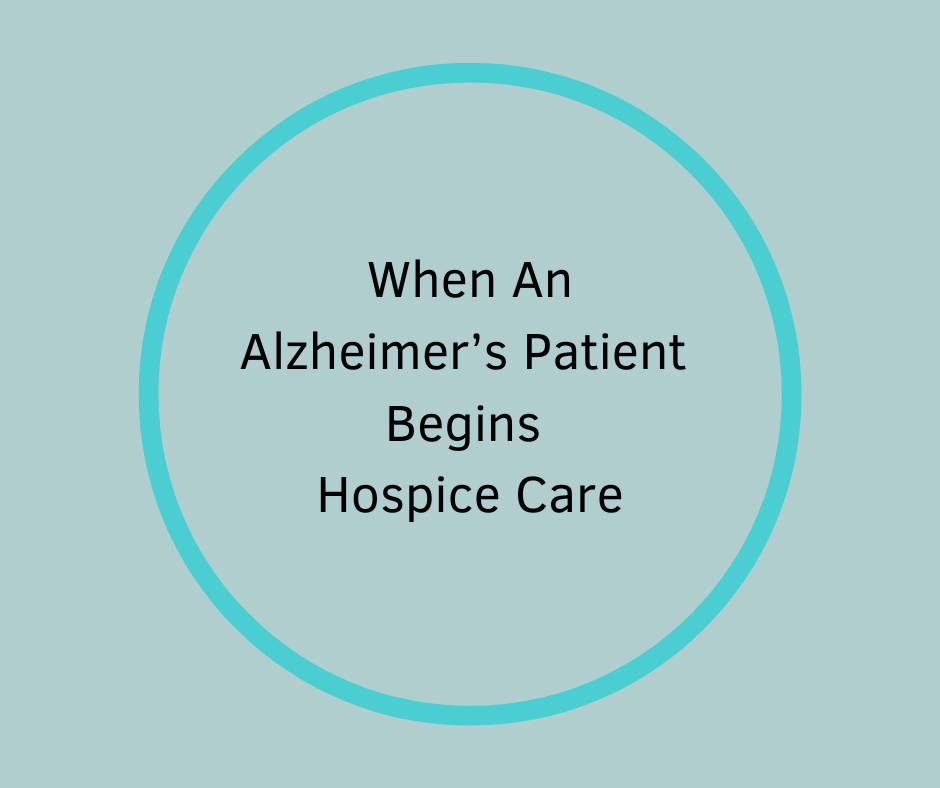Dear Barbara, I work for a hospice. We have had a couple of patients die by suicide. Do you have any suggestions on care for our staff as they are having difficulty processing these deaths?
Most people who can’t be fixed think about suicide in the months before death. Interestingly, very few actually do it. It takes a great deal of courage to end your life. BUT when they do, we as healthcare workers, tend to think "what could we have done to prevent this?"
I'm going to go out on a limb here and give you something to think about: Most of our patients (actually most people) are more afraid of dying than of being dead. That is why our patients think of ending their life early.
If I think my patient is having thoughts of suicide, we will talk about it. Is there a plan? Are they just questioning life and dying or have they reached the point of serious processing and planning? No judgement is given. Listening, answering questions and increasing visits so they feel less alone and more supported are the tools we bring. No need for a psychological evaluation, but I would encourage more social worker visits. Our social workers are great listeners and problem solvers. There are often concerns for their family that create thoughts of let’s just die now.
I don’t think I need to say this but I will anyway, we do not help or assist, in any way: a person ending their life—-EVER. I also tell the person thinking about suicide to not ask anyone to help them. Not only would they be putting that person in harm's way legally but also carrying the knowledge that we helped kill someone is a heavy weight to live with.
If a patient ends their life, as healthcare workers we bless this patient, have a closure gathering for the staff, assess our actions and care, and see that this patient was very brave. Really, nothing bad happened. He/she just died earlier than we thought they would.
Now our work is with the family to help them live with their grief. If I sound harsh, I don't mean to. I just want you to remember our work always (well mostly) involves dying and death. Some patients die faster than others. All of our patients will die. We comfort them and their families.
It is not our place to judge how others choose to leave this world. We do our best, we instruct, we guide, and we comfort, all around an ending of life.
We needn't lament over how it came but how we can support those that remain.
Something More... about End of Life Patients Who Are Thinking about Suicide
Knowledge reduces fear. Education is key in end of life care. Consider the End of Life Guideline series and NEW RULES for End of Life Care DVD.








13 comments